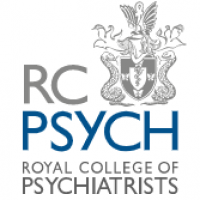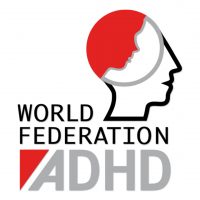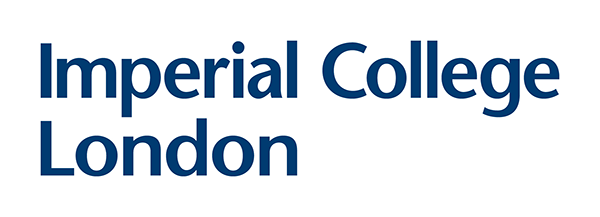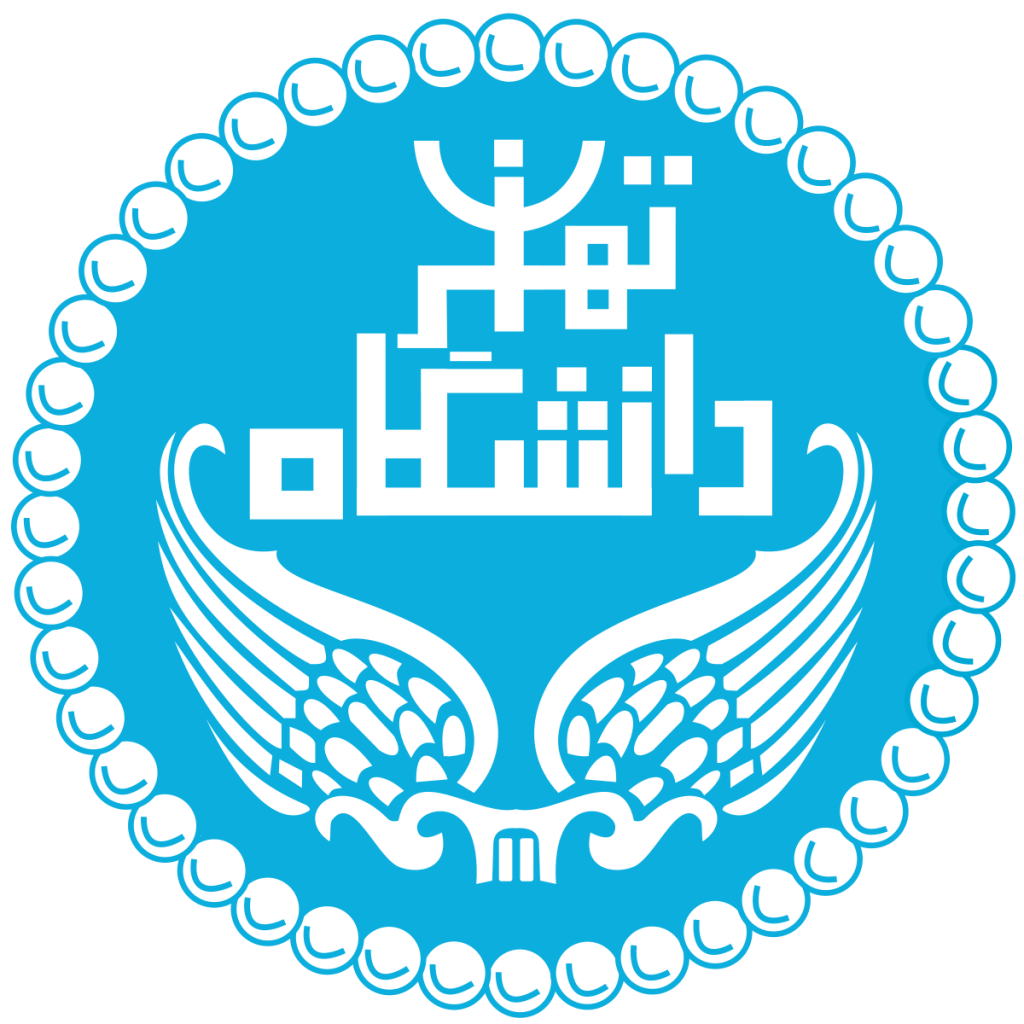Managing Adult ADHD
Attention deficit hyperactivity disorder can create problems in all areas of your life. But these tips can help you cope with symptoms, get focused, and turn chaos into calm.
Dr Behzad Basit is an experienced Psychiatrist who helps patients with Adult ADHD. With his medical career starting in 1988, Dr Basit been described by patients and colleagues as very approachable and can help patients experiencing problems with mood changes. His background in general practice, psychiatry and psychotherapy enables him to take a holistic approach in the assessment and management of patients.
If you have attention deficit hyperactivity disorder (ADHD), previously known as ADD, everything from paying the bills on time to keeping up with work, family, and social demands can seem overwhelming. ADHD can present challenges for adults across all areas of life and can be tough on your health and both your personal and on-the-job relationships. Your symptoms may lead to extreme procrastination, trouble meeting deadlines, and impulsive behavior. In addition, you may feel that friends and family don’t understand what you’re up against.
Fortunately, there are skills you can learn to help control your symptoms of ADHD. You can improve your daily habits, learn to recognize and use your strengths, and develop techniques that help you work more efficiently, maintain organization, and interact better with others. Part of helping yourself may also include educating others to help them understand what you’re going through.
Change won’t happen overnight, though. These ADHD self-help strategies require practice, patience, and, perhaps most importantly, a positive attitude. But by taking advantage of these techniques, you can become more productive, organized, and in control of your life—and improve your sense of self-worth.
Tips for getting organized and controlling clutter
The hallmark traits of ADHD are inattention and distractibility—making organization perhaps the biggest challenge adults with the disorder face. If you have ADHD, the prospect of getting organized, whether it be at work or home, may leave you feeling overwhelmed.
However, you can learn to break tasks down into smaller steps and follow a systematic approach to organisation. By implementing various structures and routines, and taking advantage of tools such as daily planners and reminders, you can set yourself up to maintain organization and control clutter.
Develop structure and habits—and keep them up
To organize a room, home, or office, start by categorising your objects, deciding which are necessary and which can be stored or discarded. To organize yourself, get in the habit of taking notes and writing lists. Maintain your newly organized structure with regular, daily routines.
Create space. Ask yourself what you need on a daily basis, and find storage bins or cupboards for things you don’t. Designate specific areas for things like keys, bills, and other items that can be easily misplaced. Throw away things you don’t need.
Use a calendar app or day planner. Effective use of a day planner or a calendar on your smartphone or computer can help you remember appointments and deadlines. With electronic calendars, you can also set up automatic reminders so scheduled events don’t slip your mind.
Deal with it now. You can avoid forgetfulness, clutter, and procrastination by filing papers, cleaning up messes, or returning phone calls immediately, not sometime in the future. If a task can be done in two minutes or less, do it on the spot, rather than putting it off for later.
Tips for managing your time and staying on schedule
Trouble with time management is a common effect of ADHD. You may frequently lose track of time, miss deadlines, procrastinate, underestimate how much time you need for tasks, or find yourself doing things in the wrong order. Many adults with ADHD spend so much time on one task—known as “hyperfocusing”—that nothing else gets done. These difficulties can leave you feeling frustrated and inept and make others impatient. But, there are solutions to help you better manage your time.
Time management tips
Adults with attention deficit disorder often have a different perception of how time passes. To align your sense of time with everyone else, use the oldest trick in the book: a clock.
Wear a watch. Use a wristwatch or highly visible wall or desk clock to help you keep track of time. When you start a task, make a note of the time by saying it out loud or writing it down.
Use timers. Allot yourself limited amounts of time for each task and use a timer or alarm to alert you when your time is up. For longer tasks, consider setting an alarm to go off at regular intervals to keep you productive and aware of how much time is going by.
Give yourself more time than you think you need. Adults with ADHD are notoriously bad at estimating how long it will take to do something. For every thirty minutes of time you think it will take you to get someplace or complete a task, give yourself a cushion by adding ten minutes.
Plan to be early and set up reminders. Write down appointments for fifteen minutes earlier than they really are. Set up reminders to ensure you leave on time and make sure you have everything you need ahead of time so you’re not frantically looking for your keys or phone when it’s time to go.
Prioritisation tips
Because adults with ADHD often struggle with impulse control and jump from one subject to another, completing tasks can be difficult and large projects can seem overwhelming. To overcome this:
Decide what to tackle first. Ask yourself what the most important task is that you need to accomplish, and then order your other priorities after that one.
Take things one at a time. Break down large projects or jobs into smaller, manageable steps.
Stay on task. Avoid getting sidetracked by sticking to your schedule, using a timer to enforce it if necessary.
Learn to say no
Impulsiveness can lead adults with ADHD to agree to too many projects at work or make too many social engagements. But a jam-packed schedule can leave you feeling overwhelmed, overtired, and affect the quality of your work. Saying no to certain commitments may improve your ability to accomplish tasks, keep social dates, and live a healthier lifestyle. Check your schedule first before agreeing to something new.
Tips for managing money and bills
Money management requires budgeting, planning, and organisation, so for many adults with ADHD, it can pose a true challenge. Many common systems of money management don’t tend to work for adults with ADHD because they require too much time, paper, and attention to detail. But if you create your own system that is both simple and consistent, you can get on top of your finances and put a stop to overspending, overdue bills, and penalties for missed deadlines.
Control your budget
An honest assessment of your financial situation is the first step to getting budgeting under control. Start by keeping track of every expense, no matter how small, for a month. This will allow you to effectively analyse where your money is going. You may be surprised at how much you’re spending on unnecessary items and impulse purchases. You can then use this snapshot of your spending habits to create a monthly budget based on your income and needs.
Figure out how you can avoid straying from your budget. For example, if you’re spending too much at restaurants, you can make an eating-in plan and factor in time for grocery shopping and meal preparation.
Set up a simple money management and bill paying system
Establish an easy, organised system that helps you save documents, receipts, and stay on top of bills. For an adult with ADHD, the opportunity to manage banking on the computer can be the gift that keeps on giving. Organising money online means less paperwork, no messy handwriting, and no misplaced slips.
Switch to online banking. Signing up for online banking can turn the hit-or-miss process of balancing your budget into a thing of the past. Your online account will list all deposits and payments, tracking your balance automatically, to the penny, every day. You can also set up automatic payments for your regular monthly bills and log on as needed to pay irregular and occasional ones.
Set up bill pay reminders. If you prefer not to set up automatic payments, you can still make the process of bill paying easier with electronic reminders. You may be able to set up text or email reminders through online banking or you can schedule them in your calendar app.
Tips for working life
ADHD can create special challenges at work. The things you may find toughest—organisation, completion of tasks, sitting still, listening quietly—are the very things you’re often asked to do all day long.
Juggling ADHD and a challenging job is no easy task, but by tailoring your work environment you can take advantage of your strong points while minimising the negative impact of your ADHD symptoms.
Get organised at work
Organise your office or desk, one manageable step at a time. Then use the following strategies to stay tidy and organized:
Set aside daily time for organisation. Mess is always distracting so set aside 5 to 10 minutes a day to clear your desk and organize your paperwork. Experiment with storing things inside your desk or in bins so that they don’t clutter your workspace as unnecessary distractions.
Use colours and lists. Colour-coding can be very useful to people with ADHD. Manage forgetfulness by writing everything down.
Prioritise. More important tasks should be placed first on your to-do list so you remember to do them before lower priority tasks. Set deadlines for everything.
End distractions
When you have attention issues, where you work and what is around you can significantly affect how much you are able to get done. Let your workmates know you need to concentrate and try the following techniques to minimise distractions:
Where you work matters. If you don’t have your own office, you may be able to take your work to an empty office or conference room. If you are in a lecture hall or conference, try sitting close to the speaker and away from people who chat during the meeting.
Minimise external commotion. Face your desk towards a wall and keep your workplace free of clutter. To discourage interruptions, you could even hang a “Do Not Disturb” sign. If possible, let voicemail pick up your phone calls and return them later, turn off email and social media during certain times of the day, or even log off the Internet completely. If noise distracts you, consider noise-canceling headphones or a sound machine
Stretch your attention span
As an adult with ADHD, you are capable of focusing—it’s just that you may have a hard time keeping that focus, especially when the activity isn’t one that you find particularly engaging. Boring meetings or lectures are hard on anyone, but for adults with ADHD, they may pose a special challenge. Similarly, following multiple directions can also be difficult for those with ADHD. Use these tips to improve your focus and ability to follow instructions:
Get it in writing. If you’re attending a meeting, lecture, workshop, or another gathering that requires close attention, ask for an advance copy of the relevant materials—such as a meeting agenda or lecture outline. At the meeting, use the written notes to guide your active listening and note taking. Writing as you listen will help you stay focused on the speaker’s words.
Echo directions. After someone gives verbal instructions, say them aloud to make sure you got it right.
Move around. To prevent restlessness and fidgeting, go ahead and move around—at the appropriate times in the right places. As long as you are not disturbing others, try squeezing a stress ball during a meeting, for example. Or taking a walk or even jumping up and down during a meeting break can help you pay attention later on.
Tips for managing stress and boosting mood
Due to the impulsivity and disorganisation that often accompany ADHD, you may struggle with erratic sleep, an unhealthy diet, or the effects of too little exercise—all issues that can lead to extra stress, bad moods, and feeling out of control. The best way to stop this cycle is to take charge of your lifestyle habits and create healthy new routines.
Eating well, getting plenty of sleep, and exercising regularly can help you stay calm, minimise mood swings, and fight any symptoms of anxiety and depression. Healthier habits can also reduce ADHD symptoms like inattention, hyperactivity, and distractibility, while regular routines can help your life feel more manageable.
Exercise and spend time outdoors
Working out is perhaps the most positive and efficient way to reduce hyperactivity and inattention from ADHD. Exercise can relieve stress, boost your mood, and calm your mind, helping work off the excess energy and aggression that can get in the way of relationships and feeling stable.
Exercise on a daily basis. Choose something vigorous and fun that you can stick with, like a team sport or working out with a friend.
Increase stress relief by exercising outdoors—people with ADHD often benefit from sunshine and green surroundings.
Try relaxing forms of exercise, such as mindful walking, yoga, or tai chi. In addition to relieving stress, they can teach you to better control your attention and impulses.
Get plenty of sleep
Sleep deprivation can increase symptoms of adult ADHD, reducing your ability to cope with stress and maintain focus during the day. Simple changes to daytime habits go a long way toward ensuring solid nightly sleep.
- Avoid caffeine late in the day.
- Exercise vigorously and regularly, but not within an hour of bedtime.
- Create a predictable and quiet “bedtime” routine, including taking a hot shower or bath just before bed.
- Stick to a regular sleep-wake schedule, even on weekends.
Watch what you eat
While unhealthy eating habits don’t cause ADHD, a poor diet can exacerbate symptoms. By making simple changes in what and how you eat, you may experience big reductions in distractibility, hyperactivity, and stress levels.
- Eat small meals throughout day.
- Avoid sugar and junk food as much as possible.
- Make sure you include healthy protein at every meal.
- Aim for several servings of fibre-rich whole grains each day.
We invite you to learn more about Adult ADHD here.
To book a consultation with Dr Behzad Basit, please complete our contact form here.
Dr Behzad Basit Professional Qualifications
- Medical Doctoral (MD), Tehran University of Medical Sciences
- Member of the Royal College of Psychiatrists, UK (MRCPsych)
- Honorary Senior Lecturer, School of Medicine, Imperial College London
- Honorary Visiting Associate, The Institute of Psychiatry, Psychology and Neuroscience, King’s College London
- Postgraduate Diploma in Mental Health Studies (University of Kent)
- Postgraduate Diploma in Healthcare Management (Manchester Business School) Trained in Cognitive Analytic Therapy
Source: helpguide.org









